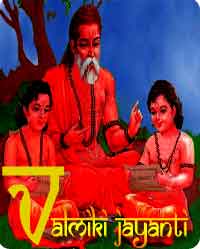Dhumavati Jayanti is a Hindu religious observance that commemorates the birth anniversary of the goddess Dhumavati. Dhumavati is one of the ten Mahavidyas, a group of powerful and revered goddesses in the Shakta tradition of Hinduism. She is considered to be a manifestation of the Divine Mother or Shakti.
Dhumavati is often depicted as an elderly, widow-like goddess with a pale complexion and a fearsome appearance. She is associated with aspects such as sorrow, poverty, and widowhood, symbolizing the harsh realities and darker aspects of life. Despite her seemingly negative attributes, Dhumavati is regarded as a compassionate goddess who grants liberation and spiritual wisdom to her devotees.
Dhumavati Jayanti is observed on different dates depending on the Hindu lunar calendar. It is typically celebrated on the eighth day of the dark half of the month of Jyeshtha, which falls between May and June in the Gregorian calendar. Devotees worship Dhumavati by offering prayers, performing rituals, and reciting her mantras. They seek her blessings for liberation from worldly sufferings and the attainment of spiritual knowledge.
During the Dhumavati Jayanti celebrations, devotees may observe fasting, recite sacred texts or hymns dedicated to Dhumavati, and engage in meditation or other spiritual practices associated with the goddess. Some devotees may also organize special prayers or pujas (rituals) in temples or at home.
Dhumavati Jayanti provides an opportunity for devotees to connect with the divine feminine energy and seek solace in the face of life's challenges and difficulties. It is a time to reflect on the transient nature of worldly existence and focus on the pursuit of spiritual growth and enlightenment.
date- 28th may 2023















